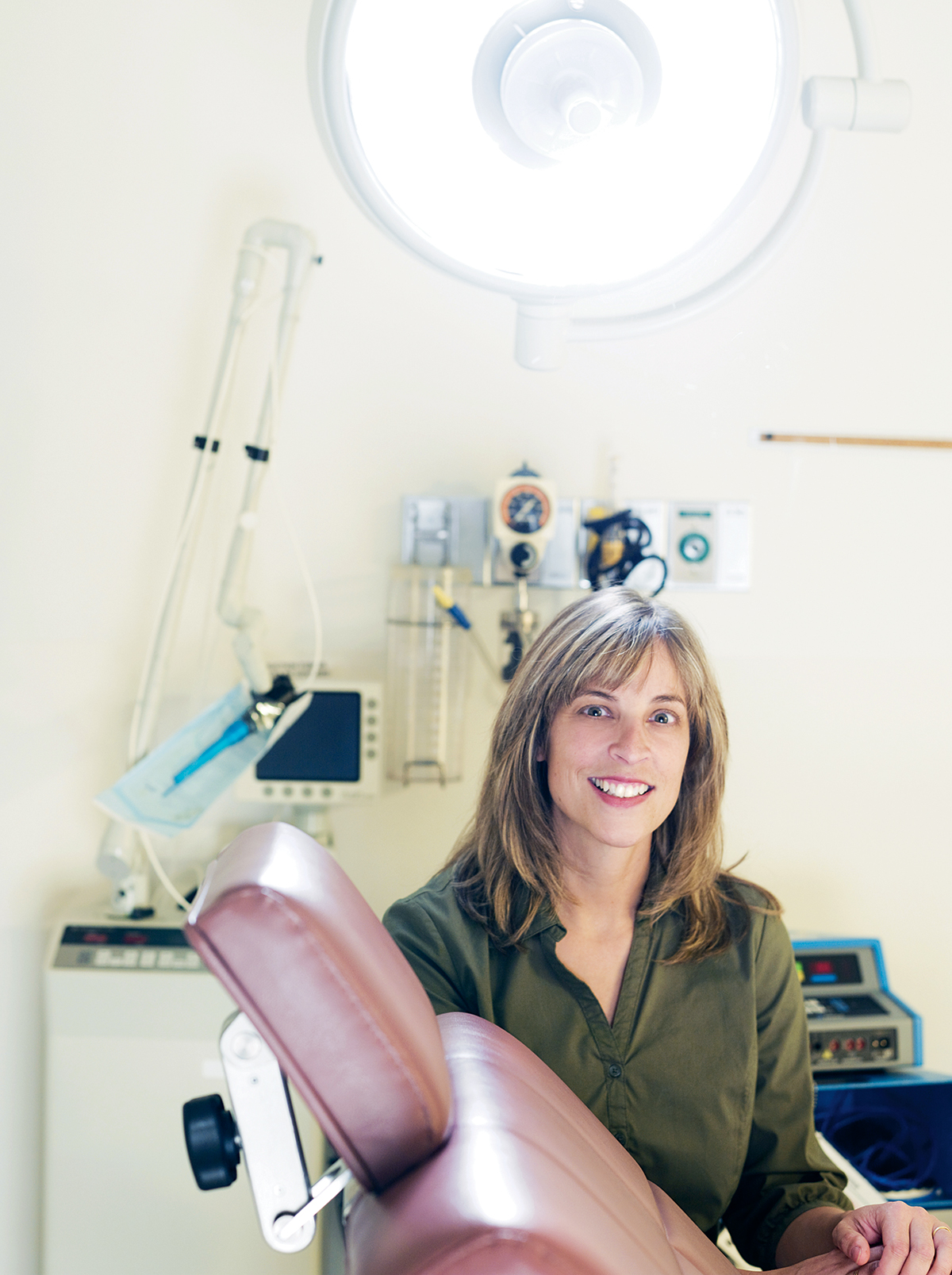Making the Rounds with Boston’s Top Docs

Photograph by Christopher Churchill
DR. TESSA HADLOCK
Otolaryngology/Plastic Surgery
Hospital affiliation: Mass Eye & Ear/ Facial Nerve Center
Board certification: Otolaryngology; also certified in facial plastic surgery.
Education: Harvard Medical School
Years in practice: Eight
You’re certified in both otolaryngology and facial plastic surgery. What made you choose your specialties? The head and neck anatomy is extremely intricate and interesting, but it’s more than that. I like that patients are more relaxed with us, because they know they don’t have to take their clothes off as soon as they walk into our exam room. After all, what we do is right there: It’s the face. You can practically examine someone on the T.
What’s it like to balance plastic surgery with head and neck surgery? You get to wear the hat of an aesthetic surgeon and the hat of a reconstructive specialist. The neat thing is that because we operate on all these facial nerve patients, we bring a lot of great tools to the cosmetic-patient population, and vice versa.
What do you find most rewarding about your work? Patients who undergo a small cosmetic change, it can bring them so much positive energy. And in the reconstructive arena, the best thing we do is bring back a smile to a paralyzed face. That’s an extraordinary feeling.
What are the biggest challenges? Managing patients’ expectations and making sure you don’t overstate what you can do. They’re sitting in your office and saying, “Please fix X”—and you’re dying to fix X!—and yet we as surgeons have to know what the limitations are.
What procedures are patients asking for these days? New Englanders are a very natural group, so a lot of what I hear is just “I want a small change. I don’t want to look like a person who’s had a lot of work done.” The mini facelift that we do here is like a Subaru—it’s the New England solution.
Any advice for someone considering getting plastic surgery? You have to be an educated consumer. It’s a field that is fraught with advertising and gimmicks, and patients can be very vulnerable to what seems like a quick fix. You can’t just watch a commercial and say, “Oh, that looks like it’s for me.”
What makes for a good plastic surgeon? Number one is being a good listener and communicator. But just as important is being comfortable with cases that aren’t open-and-shut, where you tell the patient, “Okay, you’re done, see you later!” Good plastic surgeons want to stick with their patients through the long run. They always have a door open toward the next goal.